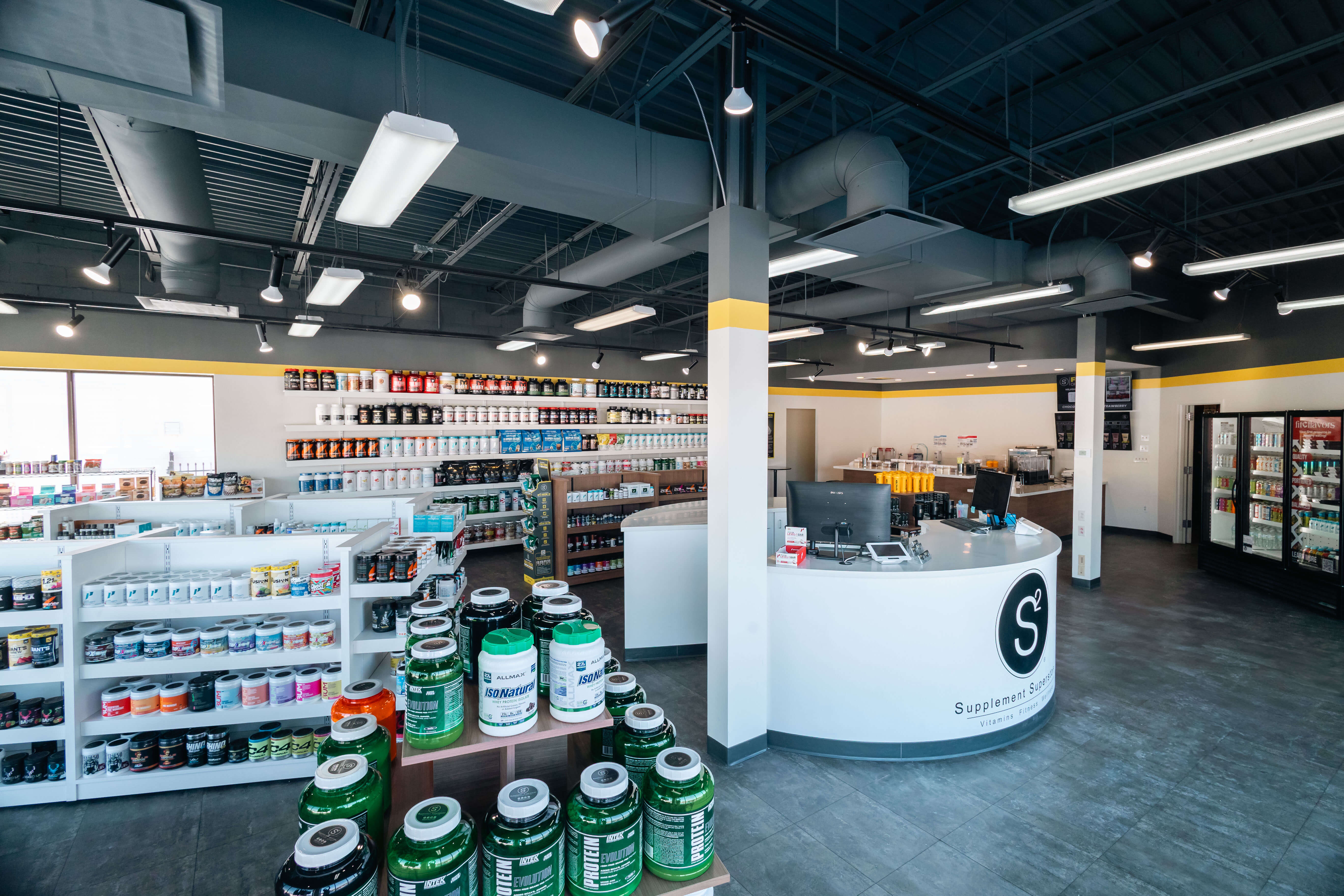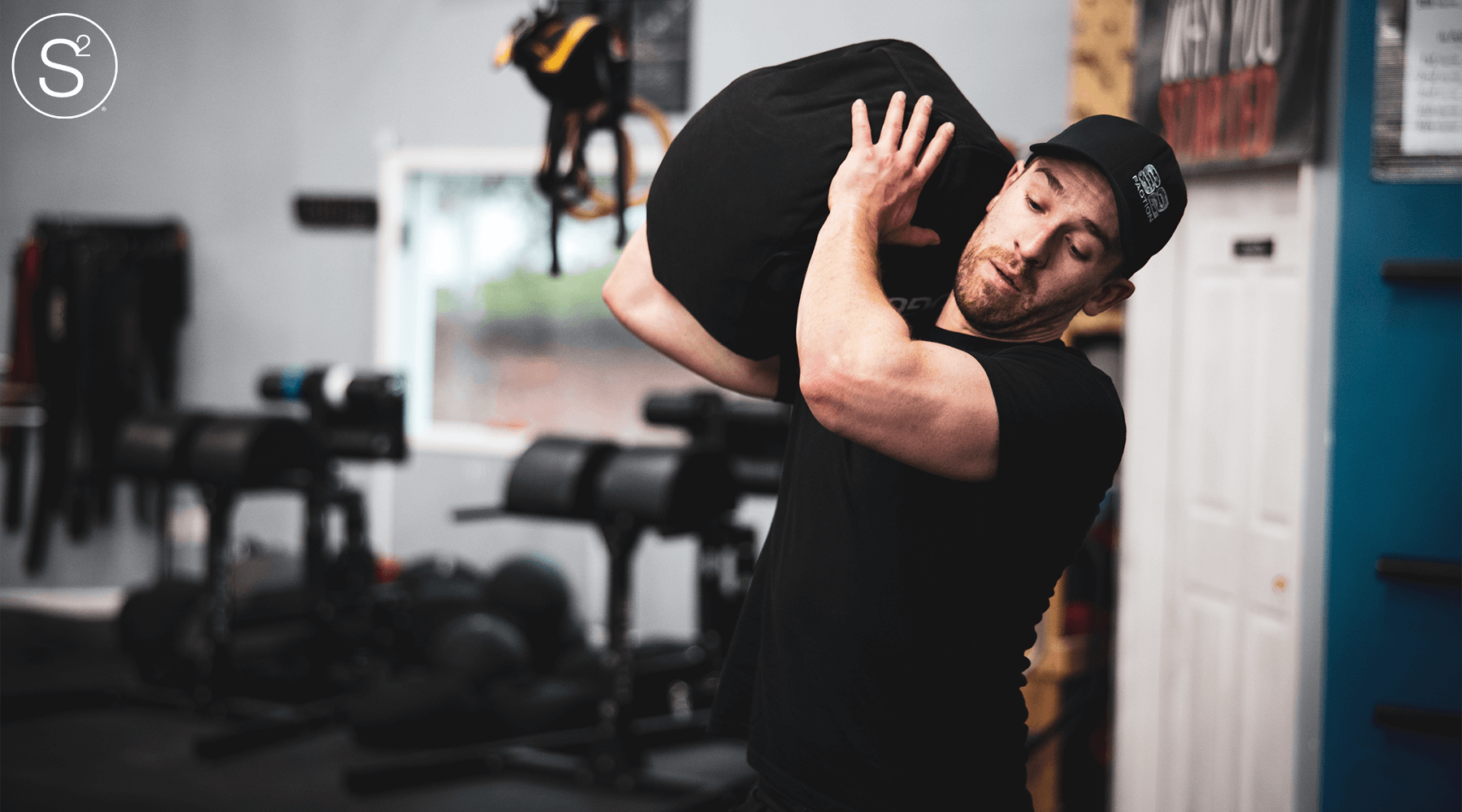We spend quite a bit of time discussing and educating on what to take AFTER a workout to maximize results. This is for good reason, considering what you take post workout is huge for fitness success … no matter what your specific goal may be.
We do not spend nearly as much time educating on what to do BEFORE a workout, which is also important.
Should you work out fasted?
Should you eat a Thanksgiving Feast?
Should you eat carb dense foods like pop tarts?
Unlike a post workout scenario, there are no specifics when it comes to what to take or eat before a workout.
Many people prefer to workout fasted … meaning they go to the gym on an empty stomach.
We see this typically with those who work out early in the morning, often expressing that any food in their stomach that early doesn’t sit well for them.
If that’s what you prefer … that is completely okay! You don’t need to eat before you workout.
With that being said…
There is some research out there pointing towards improved performance when you do have some fuel in the tank prior to a training session.
Do you need it? No.
Can it improve your workout? Yes, it absolutely can.
What Should You Eat Before a Workout?
Just like in a post workout setting, protein and carbohydrates can also be very beneficial before you train.
The amino acids from a quality protein can actually help prevent excess break down of your muscle tissue, leading to better recovery and results long term.
Protein sources like Eggs, Chicken, Lean Beef, Sustained Assimilation Protein Shakes and pretty much any other protein option can work! You have to experiment a bit to see what has you feeling the best.
Carbohydrates are your body’s preferred fuel source … so giving your body some carbohydrates pre-workout can help fuel you, providing more energy and endurance!
Carbohydrate sources like fruits, oatmeal and potatoes can be great options to fuel your workouts, too.
You can base your food choices on your style of training as well.
If you are doing some heavy-duty weight training, body building, Cross-Fit or anything that requires more output and effort … I would recommend getting some fuel in the tank before you hit the workout!
If you are doing more low intensity work, light cardio, etc. … you may be okay on an empty stomach. The best thing to do is try out different meals pre-workout, and see how you feel
If you are going to eat a meal prior to your workout, try to time it out as best as possible.
An hour or two before your workout would be ideal. Allowing the food to digest and get into your system to be used as fuel.
If you are an early bird and cannot stomach whole food in the morning, but still want to fill that gas tank up…
You can look into some supplements that are very easy to digest … you can use things like Whey Protein Isolate and Glucose to get you a quick shot of protein and carbs pre-workout.
These are both designed mainly for after your workout but are a phenomenal option for pre-workouts as well.
This will give you very quick acting protein and carbs to fuel your body, but these are also very easy on your stomach.
Perfect for filling the tank early in the morning when food can be harder to get down. This can be done as soon as 15 minutes prior to a workout.
The main takeaway here is that eating before your workout is recommended, but not necessary by any means.
If you prefer to workout fasted and this is what has you feeling the best, please continue to do so. Experiment and see what helps you feel your best through your workout.
Just know that you may actually be able to improve performance and results by adding in a pre- workout meal and fueling your body a bit before hitting the gym!
If you need help mapping this out and planning those pre-workout meals, reach out to our sports nutrition specialists!
We will make sure you are on the right track for your goals, and have you feeling your best for the gym.
*This post was written by Andrew Lynn, who has a Bachelor's in Science Nutrition and Dietetics. He is also a NASM Certified Personal Trainer and NASM Certified Fitness Nutrition Specialist.




